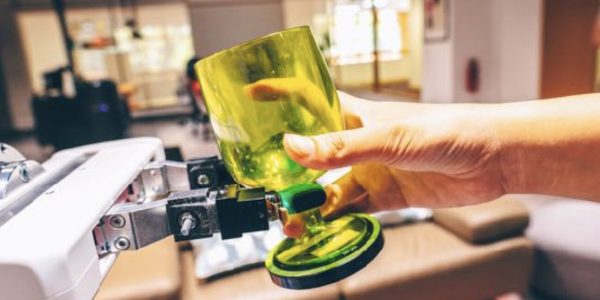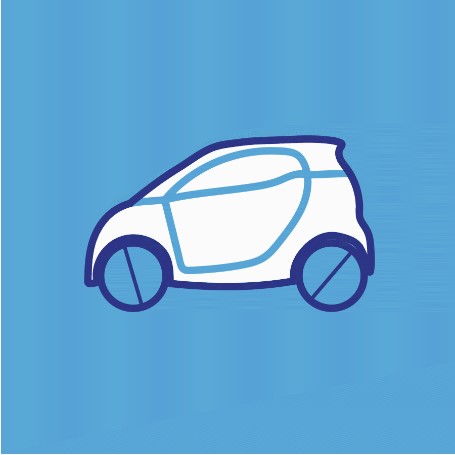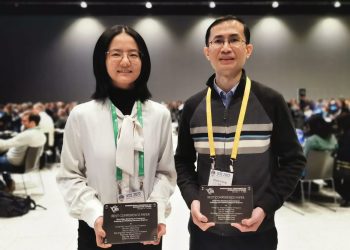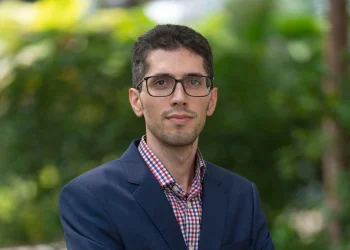Our vision is one where AI seamlessly collaborates with and serves people. A critical aspect of this collaboration is AI’s ability to comprehend human behavior, which enables it to assist us in attaining our goals. We develop next-generation AI systems through a variety of endeavors, ranging from fundamental research, educational activities, and partnerships with industry. Learn more about NUSAiL below or get in touch.
Copyright @2023 – All Right Reserved, NUS AI Lab
COM1, 13 Computing Drive Singapore 117417






